Taking care of your furry family member brings you joy. However, this also comes with a responsibility for keeping your pet safe and healthy. While navigating the many things that might harm your pet, everyday household items are often overlooked. On the surface, many cleaners, plants, and random objects seem innocent, but several pose a risk to your pet companion’s health. Our Oliver Animal Hospital team discusses common household products that are toxic to pets and how to safeguard your furry pal from these items.
Surprising household pet dangers
When you think about pet hazards, you may consider wild animals, aggressive dogs, cars, and infectious diseases. However, have you considered the dangers hidden in your home? Several seemingly innocuous items can cause problems for pets, including:
- Cleaning products — Many cleaning products contain harmful ingredients that are poisonous to pets. Ammonia, bleach, oven cleaners, toilet bowl tablets, carpet cleaners, and many more are unsafe for cats and dogs. The fumes from these cleaners are also harmful, potentially causing irritation, burns, and gastrointestinal (GI) issues. Play it safe and store all cleaners in a locked storage cabinet, in the garage, or on a high shelf. Consider using pet- and eco-friendly products for a sparkling, clean environment without risking your pet’s health.
- Human medications — Pills are plentiful in many homes, and over-the-counter (OTC) and prescription medications are commonly poisonous to pets. Because you can easily drop a pill or capsule, being aware of drug dangers is imperative. Acetaminophen, ibuprofen, antidepressants, heart medications, and cold and flu medicines are all toxic to cats and dogs. Human medication toxicity can cause vomiting, restlessness, heart rate and blood pressure changes, and life-threatening conditions. Store all medications in a high cabinet, and never give your pet human medications without consulting our team first.
- Food toxic to pets — Giving your pet a treat as a reward can be a positive way to reinforce good behavior. Unfortunately, some human foods are harmful to your four-legged friend. Food that should never be given to pets includes:
- Chocolate
- Macadamia nuts
- Alcohol
- Caffeine
- Onions and garlic
- Raisins and grapes
- Raw yeast dough
- Moldy food, including cheese
- Avocados
- Xylitol, a sugar substitute
- Plants — Plants are pretty and create a serene, calming environment, but some favorite plants are unsafe for pets to chew or nibble. Lilies, tulips, azaleas, philodendrons, and sago palms are common pet-toxic plants. Before buying a new plant, consult the American Society for the Prevention of Cruelty to Animals (ASPCA) toxic and non-toxic plants list.
Other pet hazards
Along with the hazards we’ve discussed above, many other household products endanger pets. Some pet hazards you should be aware of include:
- Antifreeze and automotive additives
- Sharp objects
- Batteries
- Electrical cords and wires
- Plastic bags
- Small ingestible items such as buttons, coins, rubber bands, and paper clips
- Rat and mouse bait
- Mothballs
Pet emergency prevention
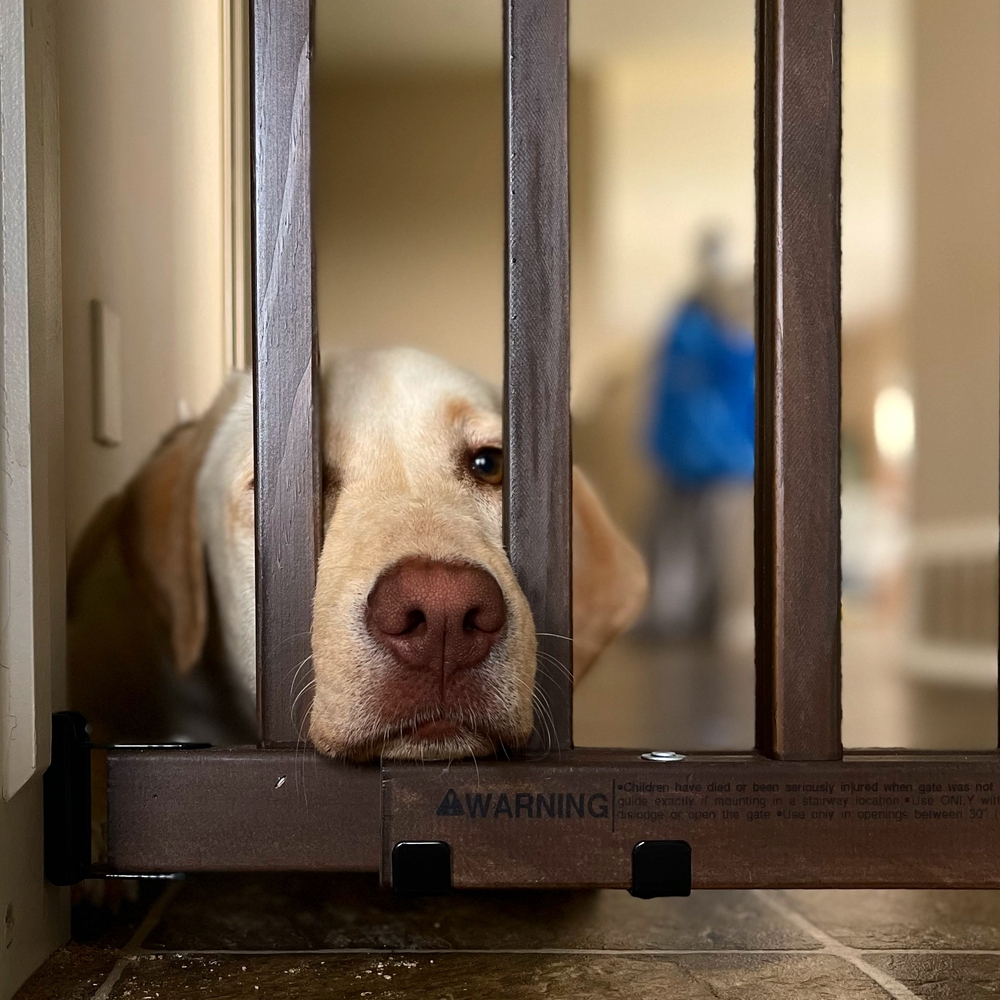
Prevention is the way to keep your furry pal healthy and safe from household hazards. To ensure your home is a safe haven for your pet, follow these tips:
- Use pet-safe alternatives — Clean your home with pet-safe products. Natural options include baking soda, lemon, distilled vinegar, and olive oil—a wood polish alternative.
- Secure pet-toxic products — Store all chemicals, cleaners, and medications in a secure cabinet, drawer, or storage bin that is inaccessible to your pet.
- Place lids on trash bins — Cover all trash bins and garbage cans, preferably using a latchable lid.
- Provide supervision — Always monitor your pet around food and beverages, and resist the temptation to give your furry pal scraps.
- Become plant-savvy — Research all plants you are considering for your home and yard, and opt for nontoxic varieties.
- Pet-proof — Thoroughly check your home for household pet hazards, such as small objects dropped on the floor or missed and left out after tidying.
- Be prepared — Store the Pet Poison Helpline number on your phone and post the number on your fridge for quick access should you have questions about pet toxicity.
- Prevent your pet from wandering — Keep your pet off lawns and gardens that might have been treated using harmful chemicals.
As a responsible pet owner, you want to be aware of all potential dangers to your pet. Cleaning products, human medications, pest control products, toxic foods, and household plants are some everyday household products that can pose serious risks to your furry friend.
By taking pet-proofing precautions, you can prevent accidental poisoning and injury. In case of accidental toxin ingestion or exposure, your pet must receive veterinary care. By being aware and proactive in protecting your four-legged friend from household hazards, you help ensure they live a happy, healthy life in a safe environment. For more pet safety information or to schedule an appointment, contact our Oliver Animal Hospital team.


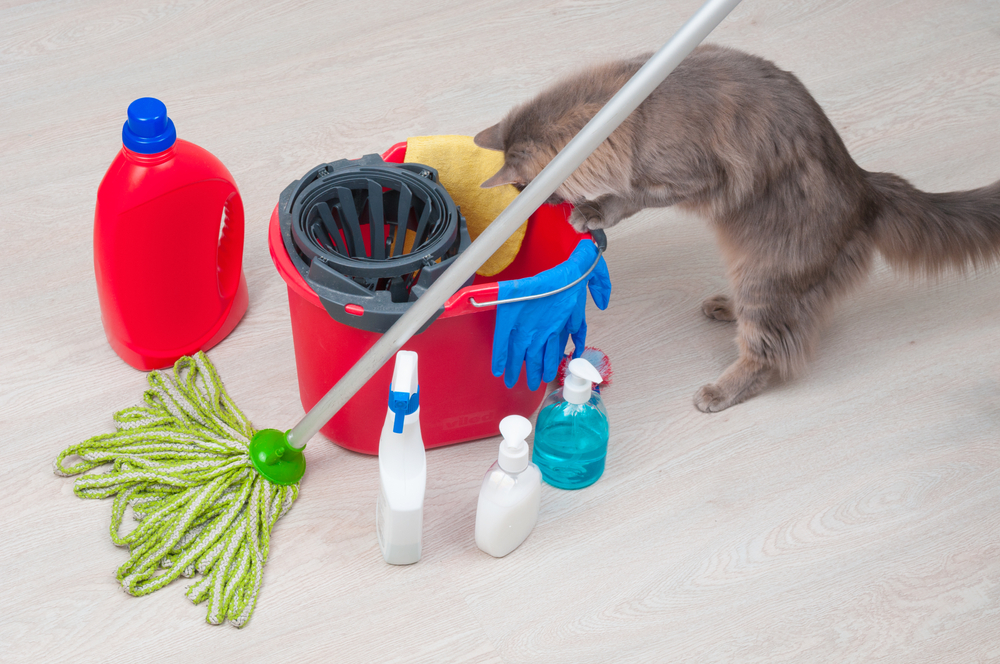
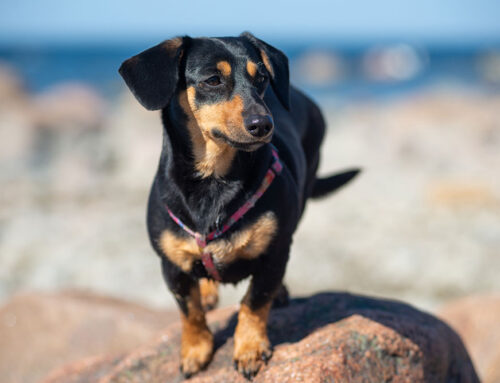
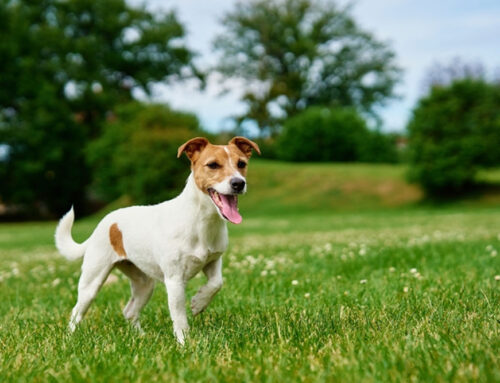
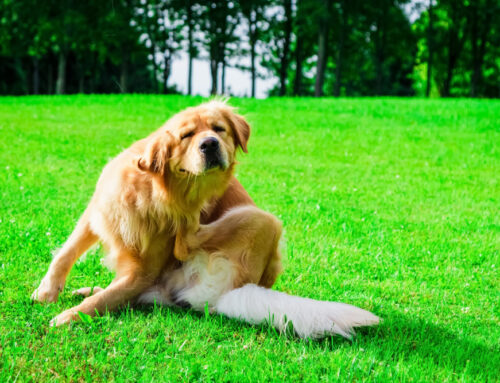

Leave A Comment